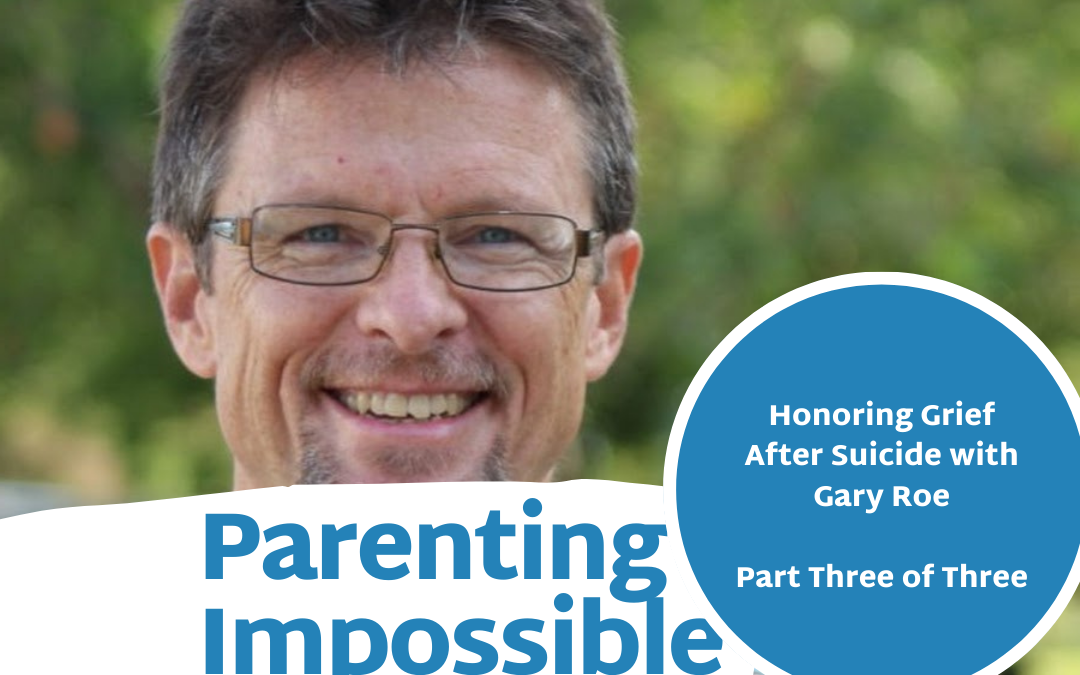Suicide is a dark topic that is full of sorrow and grief, but it is something that needs to be discussed, especially during a pandemic that has caused many people around the world to feel isolated. Gary Roe currently serves as a hospice chaplain and grief counselor for Hospice Brazos Valley in central Texas, and his experience with grief and loss as a child has allowed him to reach out to people during their times of intense sorrow with a heightened understanding of their situation.
Gary describes researching the topic of suicide as, “A solo climb of Mount Everest without any protection.” Since 2000, suicides have increased by 30%. There is a suicide every 11 seconds, meaning 130 deaths per day, and for each completed suicide, there are 25 attempts. While everyone’s experience of death is different, the grieving process after a suicide is especially unique.
Suicide is followed by grief, shame, and many, many questions that start with “why.” Our hearts cannot stop turning over the questions of why it happened and why we could not stop it. We try to retrace our steps to see what we could have done differently, and place blame and guilt on ourselves and situations in the past. Other people around those grieving a loved one lost to suicide might treat them as if they have an infectious disease, avoiding them and distancing themselves as a way of self-preservation.
The first step in moving towards healing from this hurt is to accept what has happened. This practice can help you release some of the unanswered questions. You need to be kind and patient with yourself and have several safe people around you to listen and support you. One person cannot be with you 24/7, so it is important to have a number of safe people around you so that they are not carrying your grief with you alone.
Gary equates grief to a reservoir that sees constant rain. After a while, the pressure builds up, and if the doors are not opened, this life-giving place becomes destructive. You can open up these doors around your grief by talking about your emotions, questions, and fears to other people or by writing and creating visualizations.
Suicide may always be stigmatized by society, but if you can realize this early on, it may save you some anger and allow you to focus on your own healing over time. There will always be triggers—scenes in movies, holidays, memories, certain places—but, as Gary says, “The pain screams, ‘I love you, and I love you still, and I’ll never stop loving you.’”
When you grieve in healthy ways, you can turn the pain into something good that will have a powerful impact on other people. Gary wrote two books, Living on the Edge: How to Fight and Win the Battle for Your Mind and Heart and Difference Maker: Overcoming Adversity and Turning Pain into Purpose, Every Day. Both books can be found on Amazon and each has a version for teens and for adults. You can support Gary’s initiative to help people in dark times find hope by believing in the truth of their worth. Learn more about his Suicide Prevention Project here.
You can contact Gary to help share these resources today.
Listen to his first and second episodes on Parenting Impossible for more advice about grieving loss.
Annette Hines has been practicing in the areas of Special Needs, Elder Law, and Estate Planning for more than 20 years. Ms. Hines brings personal experience with special needs to her practice and podcasts as the mother of two daughters, one of whom passed away from Mitochondrial disease in November 2013. This deep, personal understanding of special needs fuels her passion for quality special needs planning and drives her dedication to help others within the special needs community.

